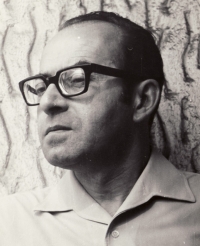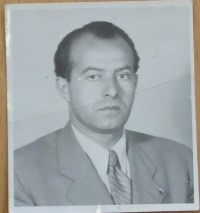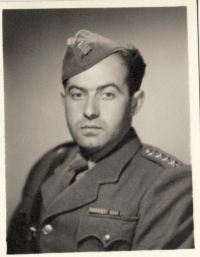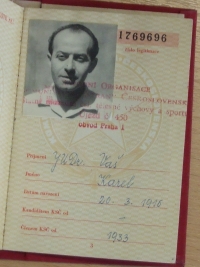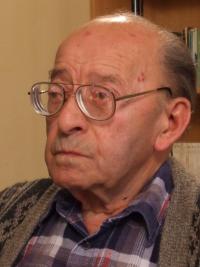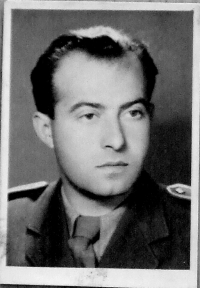The communist who proposed the death penalties, says: “I started from scratch…” (in Czech from ´píka´, which is a homonym to the name of Czech General Píka hanged by the communists and accused by Karel Vaš; a joke)

Download image
Karel Vaš was born on 20th March 1916 in Uzgorod. At the age of 17 he joined the Czechoslovak Communist Party already and became a member of the Federation of Friends of the Soviet Union and Democratic Spain. In May 1939 he crossed illegally the border to the Soviet Union, he was arrested and tortured by the NKVD and administratively sentenced to three years in the gulag in Vorkuta. From the camp he got thank to a diplomatic mission of Heliodor Píka who was one of those who were organizing the Czechoslovak army in the Soviet Union. 1943 he joined Czechoslovak units and became at first clerk of the troop, later chief of the military court and then attorney. As a loyal and “reliable” communist he was chosen by Bedřich Reicin to become his close colleague. On the 1st January 1945 he became the deputy head of the Military Defence News Service and he commanded the so called defensive news service. In the beginning of 1948 he worked as an attorney at the higher military court, from October 1948 as an examining judge, from January 1949 as a clerk of the military department of the state prosecution, from May till December 1949 as the chairman of the senate of the higher military court. At that time he “constructed” maybe the greatest process of his career - the case of Heliodor Píka, for whom he proposed the death penalty. The court accepted the proposal of the punishment and the punishment was executed. In autumn 1950 Vaš became head of the court department of the Main Court Administration of the Ministry of National Defence. On 11th August 1951 everything changed for him - he was taken into custody and judged by his colleagues and comrades for high treason and murder. He was sentenced to the lifelong penalty, the punishment was then defused to 26 years. He was jailed in famous Leopoldov. In September 1956 he was acquitted and rehabilitated, then he worked for a short time as a clerk in Mototechna company and later as a journalist. After 1990 he was accused for the justice murder of Heliodor Píka, in the end on 15th January 2002 the prosecution was stopped for the reason of becoming statute-barred. When Karel Vaš, who as attorney proposed the death penalty in about hundred of political processes in the 1950s, was asked in an interview if he was sorry for something, he replied: “I did a lot of stupid things due to not-knowing. I did not hurt anybody on purpose. But I did not permit any dirty business in my surroundings.” An icy expression from a man whom the political prisoners called “the judge hanger”.
